News

May 08, 2024
Why is breaking down plant material for biofuels so slow?
Breaking down cellulose for biofuel is slow and inefficient but could avoid concerns around using a food source while taking advantage of abundant plant materials that might otherwise go to waste. New research led by Penn State investigators has revealed how several molecular roadblocks slow this process.
Full Article
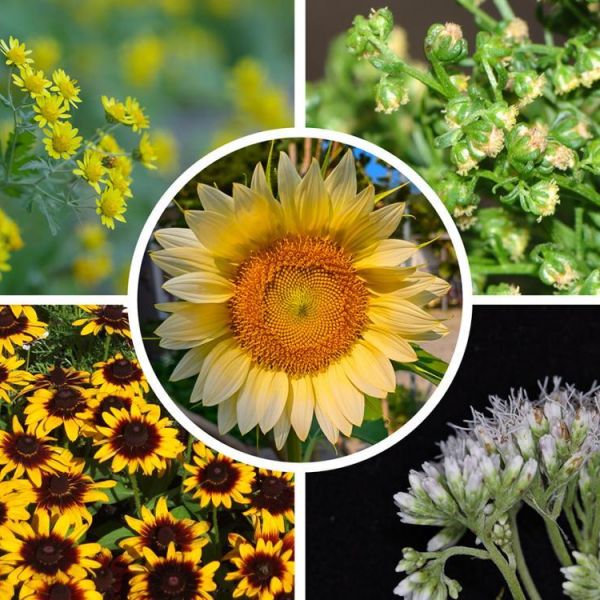
Apr 04, 2024
New sunflower family tree reveals multiple origins of flower symmetry
The sunflower family tree revealed that flower symmetry evolved multiple times independently, a process called convergent evolution, among the members of this large plant family, according to a new analysis.
Full Article
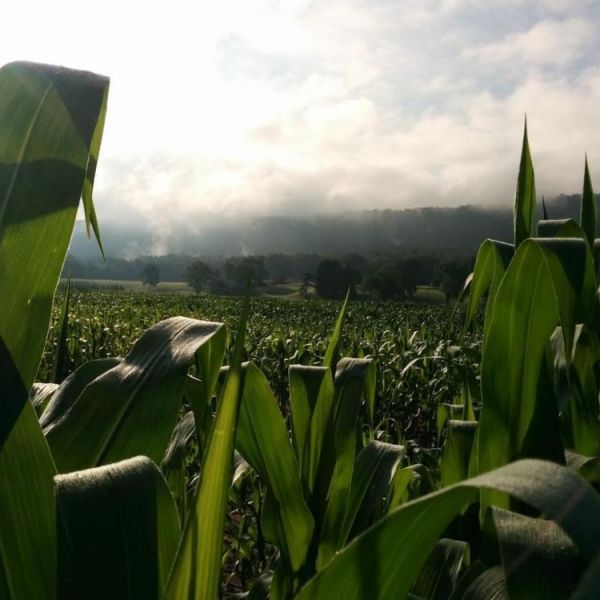
Mar 20, 2024
Novel method to measure root depth may lead to more resilient crops
As climate change worsens global drought conditions, hindering crop production, the search for ways to capture and store atmospheric carbon causing the phenomenon has intensified.
Full Article
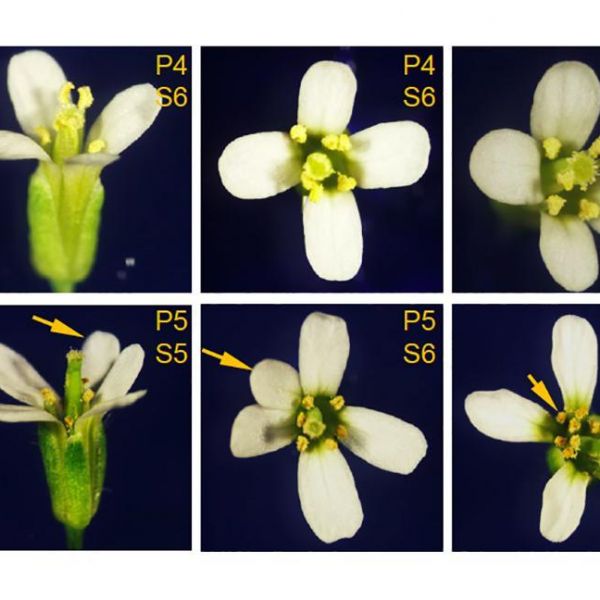
Feb 05, 2024
Newly identified protein helps flowers develop all the right parts
Flowers rely on a newly identified protein to develop properly with all of their organs, according to the research team who made the discovery.
Full Article
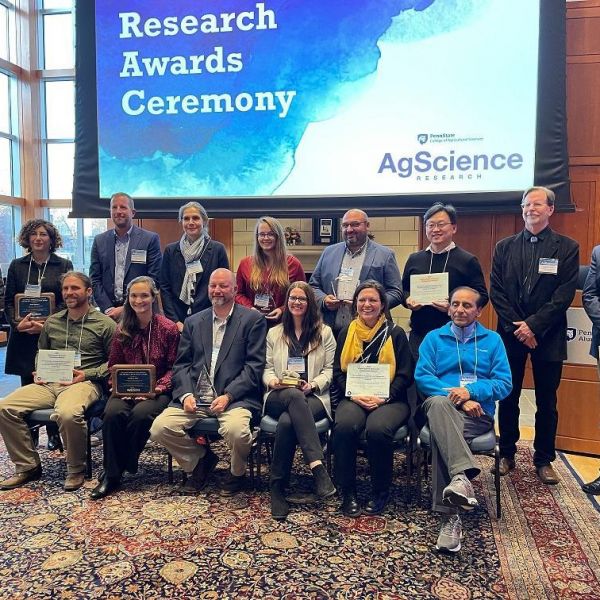
Nov 28, 2023
College of Ag Sciences recognizes faculty, staff for research achievements
Penn State’s College of Agricultural Sciences lauded outstanding accomplishments in research during the 2023 Research Awards Ceremony, held Nov. 1 at the Hintz Family Alumni Center on the University Park campus.
Full Article

Nov 28, 2023
Researchers predict climate change-driven reduction in beneficial plant microbes
Bacteria that benefit plants are thought to be a critical contributor to crops and other ecosystems, but climate change may reduce their numbers, according to a new study by an international team of researchers. They published their findings in Nature Food.
Full Article
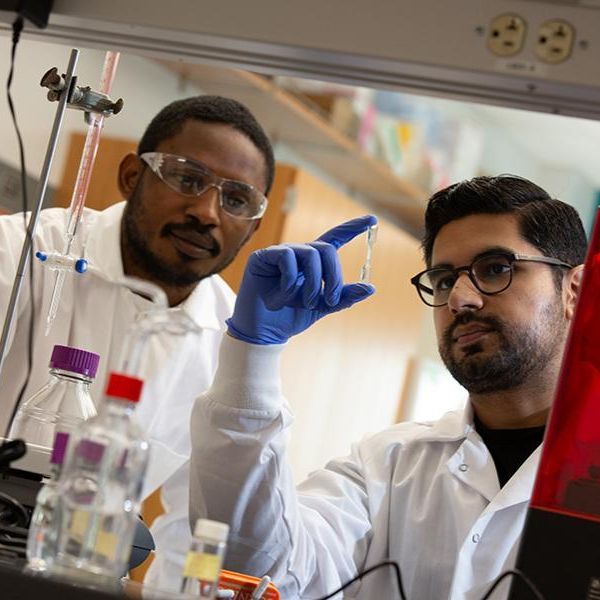
Oct 24, 2023
Replacing 3D printing plastics with plant-derived materials
A $650,000 USDA grant to fund Penn State researchers will support developing new and sustainable resin materials from lignocellulosic biomass.
Full Article
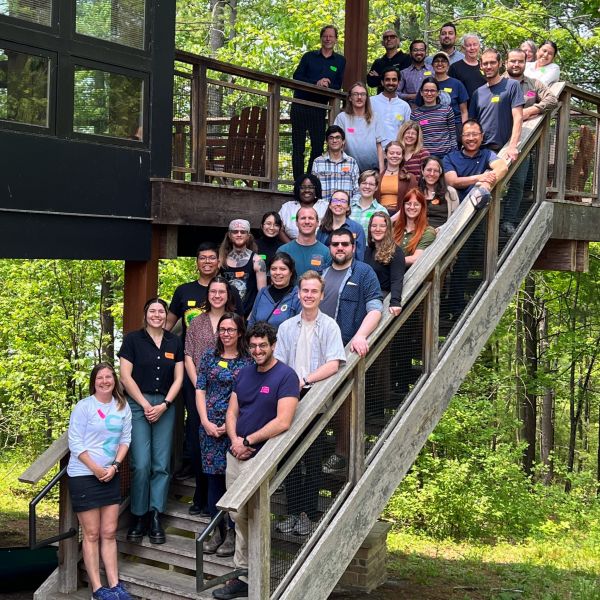
Sep 29, 2023
Liana Burghardt named new Director of Center for Root and Rhizosphere Biology
Assistant Professor of Plant Science Liana Burghardt is serving as the new Director of the Center for Root and Rhizosphere Biology, replacing outgoing director Jonathan Lynch, distinguished professor of plant nutrition.
Full Article
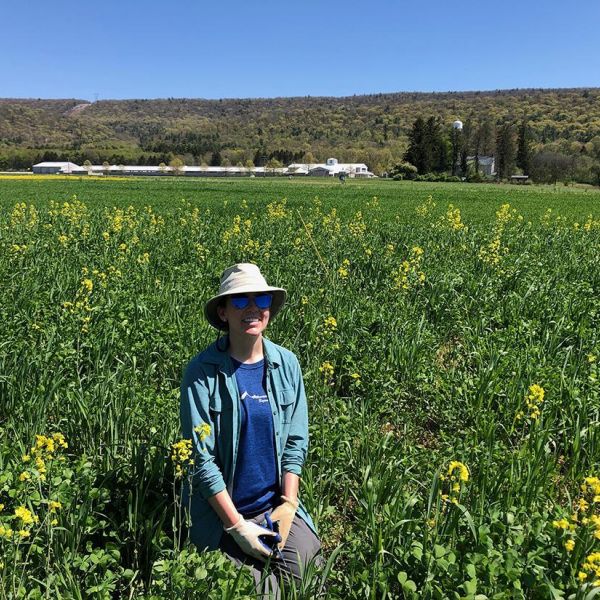
Sep 13, 2023
USDA grant to fund research on ‘farm tuning’ cover crop mixtures
With a new $650,000 grant from the U.S. Department of Agriculture, Carolyn Lowry will lead a research team designing cover crop mixtures that are more effective at providing an array of ecosystem services.
Full Article
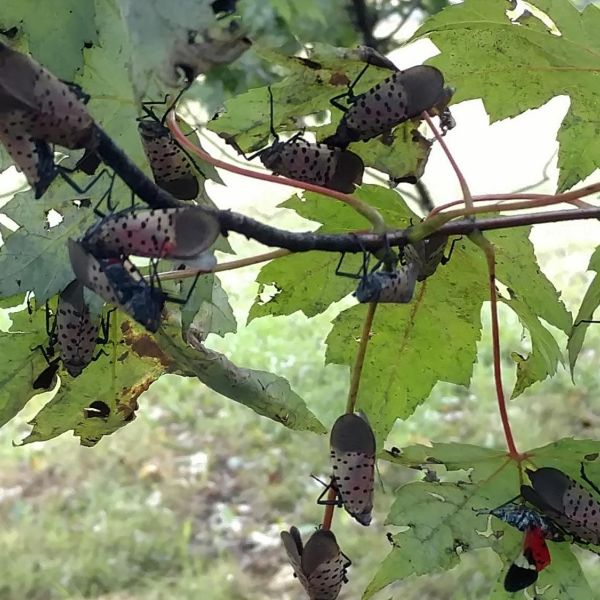
Sep 05, 2023
Invasive spotted lanternfly may not damage hardwood trees as previously thought
New long-term research about the spotted lanternfly led by Penn State has revealed that hardwood trees, such as maple, willow and birch, may be less vulnerable than initially thought.
Full Article